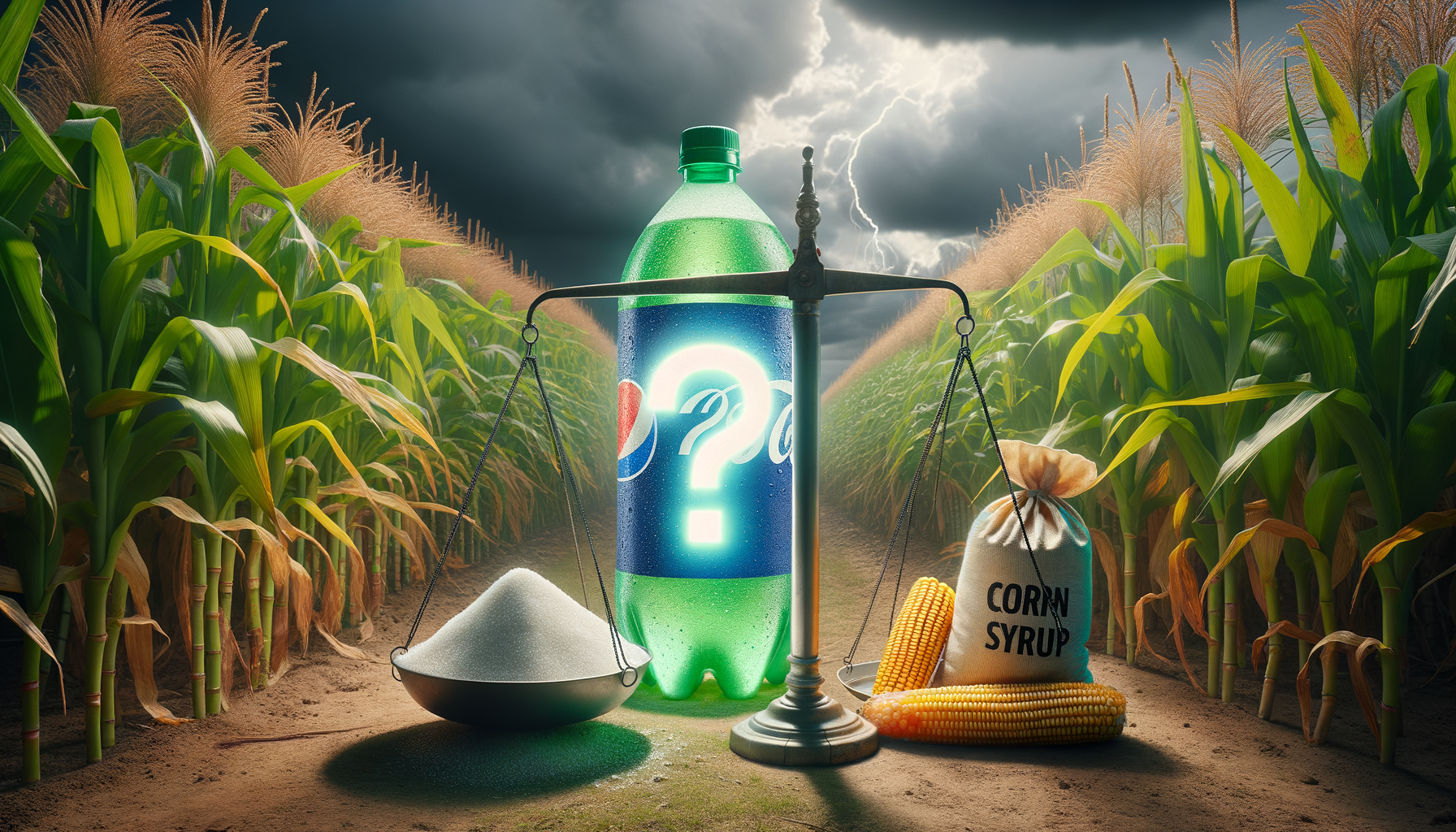No, Coke Isn’t Switching to Cane Sugar—Yet
Trump’s late-night Truth Social blast says the deal is done. Coca-Cola quietly says, “Thanks for the enthusiasm.” What really happened? A tweet war, a stock wobble worth $2 billion on paper, and a sugar lobby ready for battle. Let’s unpack the fizz.
The Big Reveal
Key correction: Donald Trump did claim on 16 July 2025 that Coca-Cola “has agreed” to bring back real cane sugar for U.S. Coke.
Key fact: Coca-Cola has not confirmed any such agreement—only an enigmatic “more details … soon.” (Reuters)
Everything else—the job-loss alarms, the corn-syrup crash, the governor’s sarcastic quip—spins out from that single, still-unverified claim.
How One Social-Media Post Shook Two Multibillion-Dollar Industries
-
16 July, 10:42 p.m. ET – Trump hits “Post” on Truth Social:
“I have been speaking to Coca-Cola about using REAL Cane Sugar … they have agreed to do so.” ✔ (post exists)
-
Within minutes – Reporters ping Coca-Cola. The beverage giant replies:
“We appreciate President Trump’s enthusiasm … new innovative offerings will be shared soon.”
Translation: No commitment, no denial. -
Pre-market next morning –
• Archer-Daniels-Midland (ADM), titan of high-fructose corn syrup, drops 5.6 %.
• Ingredion slips 7 %.
Paper loss: roughly $1.7 billion for ADM, a few hundred million for Ingredion. ✔ -
Corn lobby goes DEFCON-1 – Corn Refiners Association CEO John Bode warns the switch could cost “thousands of American jobs” and “depress farm income.” ✔ (statement real)
• Caveat: No independent study backs the job-loss number. △ -
Political pile-on – California Gov. Gavin Newsom mocks the saga:
“Oh thank god! I’ve totally forgotten about the Epstein files now!” ✔
Why Sugar Is Such a Political Flashpoint
Price gap: Thanks to quotas and price supports, U.S. raw sugar costs almost double the global price. Government estimates put the annual consumer hit at $2.5–$3.5 billion. △ (Some advocates say $4 billion.)
New tariff grenade: Nine days before Trump’s Coke post, he slapped a 50 % tariff on Brazilian imports, sugar included. ✔
Big Sugar vs. Big Corn:
- Sugar growers fight to keep quotas high.
- Corn refiners need HFCS to stay dominant.
- A sudden cane-sugar switch by America’s best-known soda brand threatens both lobbies’ delicate balance.
What’s Actually in Your Coke?
• Outside the U.S. many plants still use cane sugar—hence the cult of “Mexican Coke.”
• Inside the U.S. Coke replaced sugar with HFCS in the mid-1980s. ✔
• Coca-Cola’s public defense of HFCS on X:
“HFCS … is safe; it has about the same calories as table sugar.” ✔
So if you taste a difference, it’s preference, not calorie math.
The Diet-Coke Button, RFK Jr., and Other Fun Side-Notes
- Oval Office red button: Trump really re-installed it in 2025 to summon a Diet Coke. ✔
- HHS Secretary Robert F. Kennedy Jr.: called sugar “as addictive as crack” and “poison.” ✔
- CEO James Quincey: tells investors Coke is already “reducing sugar” worldwide—the opposite of Trump’s push. ✔
What We Know, What We Don’t
Verified:
- Trump’s post exists.
- Coca-Cola has not confirmed any recipe change.
- ADM and Ingredion stocks briefly tanked.
- Politicians and lobbyists are seizing the moment.
Uncertain:
- Whether Coke will actually reformulate U.S. Coke.
- Real economic impact on corn-processing jobs.
- Timetable, if any, for “innovative offerings” Coke teased.
Probably overstated:
- “Billions ripped through the stock market.” Losses were sector-specific and short-lived. △
Bottom Line
For now, your can of U.S. Coke still contains high-fructose corn syrup. Trump’s proclamation created more buzz than a humming vending machine, but until Coca-Cola speaks plainly—or files an FDA label change—the cane-sugar comeback is only a claim, not a contract.
Stay tuned; the next shot in the sugar war may come from a soda fountain near you—or from another midnight post.
